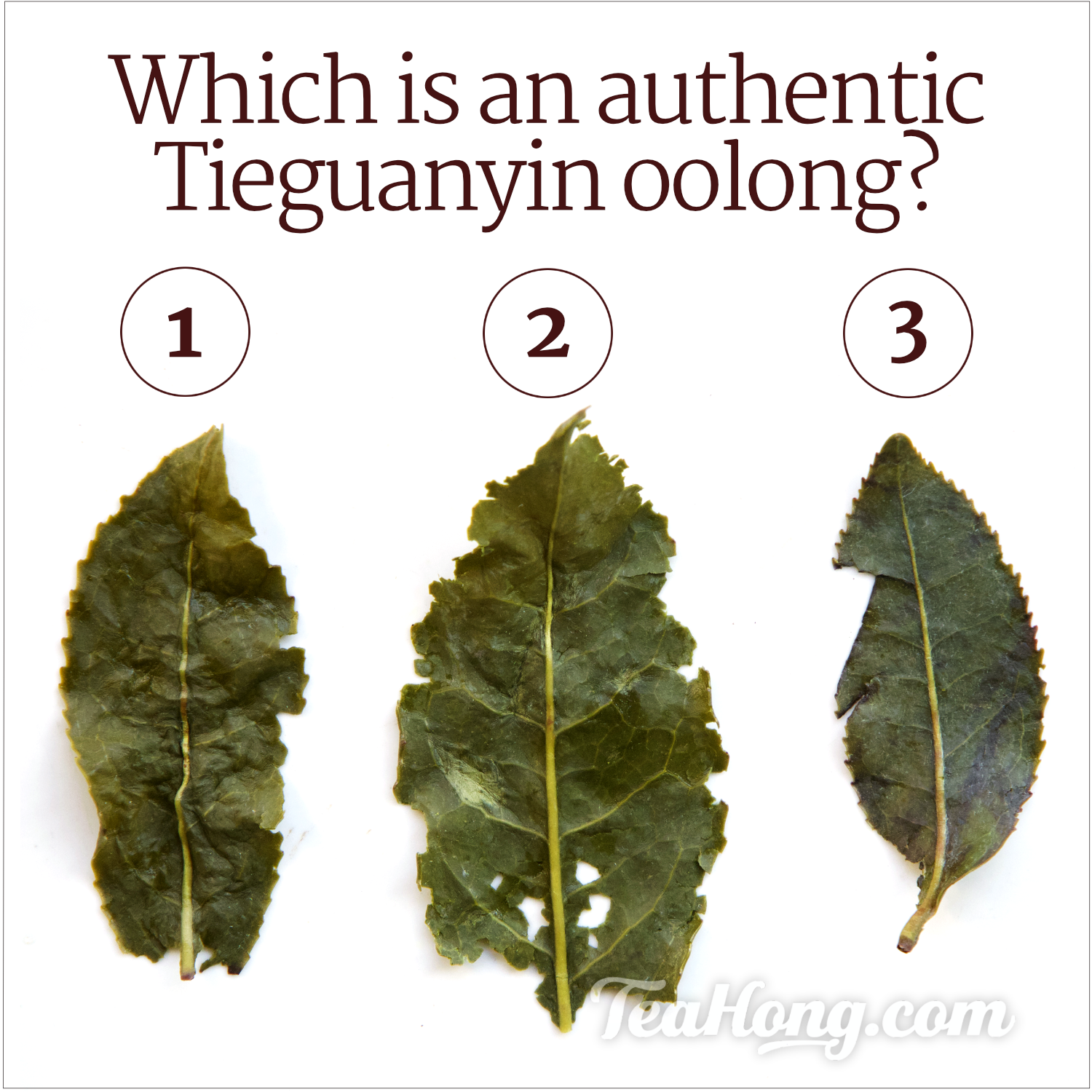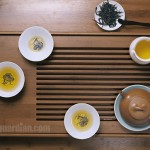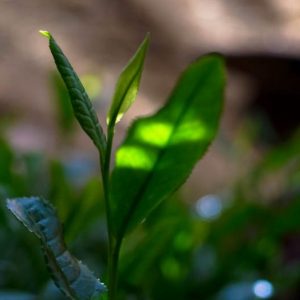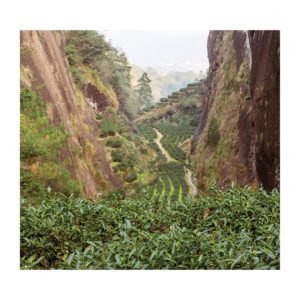Home › Dialogues › Health Matters › Is thearubigin (translate: the red of tea) a strong reason for tea health?
Tagged: tea-health, tea-polyphenol, thearubigin
- This topic has 4 replies, 2 voices, and was last updated 12 years ago by
sa11.
Viewing 4 reply threads
-
AuthorPosts
-
-
2012.04.25 at 1:13 am #8465
Leo
ParticipantA recent discussion I am involved in lately has covered this topic and I wish to share it with the readers here. This is an original posting from forum participant A:
Thanks! A lot of good facts here, but one of them is not: while green tea is much higher in catechins, black tea is much higher in other polyphenols such as thearubigin. The total antioxidant power of black tea is actually slightly higher than green tea. I assume that oolong falls somewhere inbetween: more catechin than black tea but less thearubigin. My source is The Tea Research Institute of Sri Lanka. -
2012.04.25 at 1:15 am #9441
Leo
ParticipantI responded:
Thearubgin has not been found as an effective antioxidant, while it is commonly known in the science community that tea catechins, such as EGCG, actually work. You can read a bit more in this and related articles:As for what oolong (the original posting was started by someone commenting on the health benefits of oolong) really is, here is a primer for those others who want to read or write further about the topic: -
2012.04.25 at 1:17 am #9442
Leo
ParticipantParticipant A commented:
Thanks, Leo, for your comments and the teaguardian article; however, the article does not state that thearubigin has not been found to be an effective antioxidant, rather that it has not been isolated in health studies (which is quite a different matter). The Oxygen Radical Absorbance Capacity of green and black tea has been measured, with the capacity of black tea being slightly higher than that of green (see Tea for Health by Tissa Amarakoon, Tea Research Institute of Sri Lanka, 2004). -
2012.04.25 at 1:18 am #9443
Leo
ParticipantI followed up:
Hello (Participant A), very nice of you to respond. For us in the tea community to quote so called scientific reports with responsibility, it is important to understand the nature and details of each: where it is published, how it is studied and data arrived, who is sponsoring the study etc. The one you quoted has not been published in any respectable scientific journal and it is only one study done in vitro with quite an elementary setting.Cross referencing datas and different findings from different sources is an important job for us if we are to advocate tea against this trend of bottled beverages and instant glorification. Or else it just back-fires at ourselves, our business.If you read related articles and the referenced materials in the articles in the Tea Guardian site, you’ll find the answer as to why thearubigin is not established as an effective antioxidant. If there is anything more effective in black tea, it is the theaflavins. The vast majority of tea produced in Sri Lanka is low on that, while those from Darjeeling, some from Assam and some from other Chinese regions are much higher in that.I’ll realign this discussion with the title of oolong here by citing an example of oolong study to illustrate how fragile it is to quote only one vitro study for making a conclusion for us to promote tea:Angela Li was very interested in oolong tea because of where her parents came from it was oolong country. When she was in F4 (equivalent to grade 10 or 11), she did an experiment using extracted cancer cells from rodents and tea liquids from various tealeaves she bought in the local market. She found that oolong is most effective in reversing the growth of the cancer cells esp under certain drinkable strength.She won a first prize in an international youth science competition and a distant star has been named after her.I, for one, would not use her report to tell my clients that oolong tea is the most effective in fighting cancer. You can read how I quote various reports in the topic at the Tea Guardian site: https://www.teaguardian.com/health/defending_against_cancers.htmlI’d like to be even more academic and responsible than what is there, but there is also the need to balance popular reading. I hope now you see my point. -
2012.04.26 at 3:02 am #9445
sa11
ParticipantYou do not need to go any more academic in your writings. There are already a lot of special names and usage of words to understand. I mean they are already very interesting to read.
-
-
AuthorPosts
Viewing 4 reply threads
- You must be logged in to reply to this topic.










